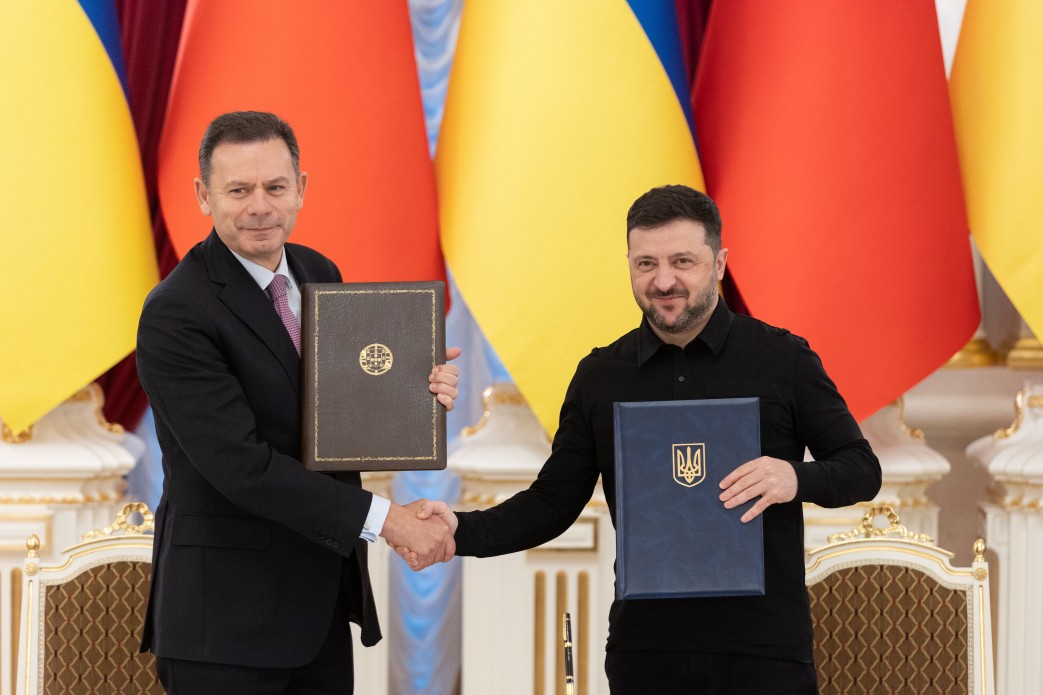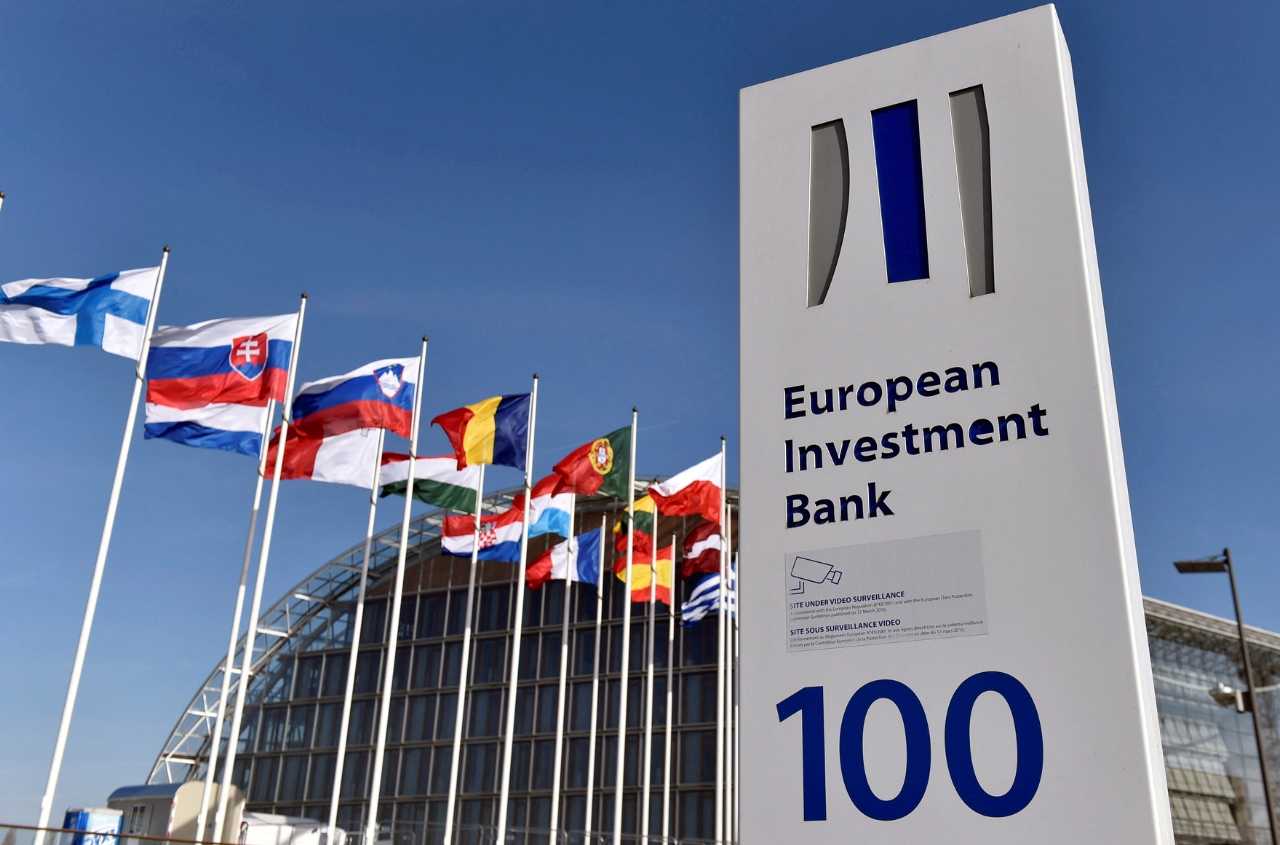Quota systems and other trade restrictions threaten to narrow market development and complicate export routes for Ukrainian agricultural products, particularly raw material producers, warns Taras Bashtannik, president of the Ukrainian Fruit and Vegetable Association, as reported by SEEDS.
The impact of revised EU trade preferences, adopted on June 5, was the focus of an online discussion hosted by the Ukrainian Agribusiness Club titled “The Future of Trade Relations between the EU and Ukraine in the Agri-food Sector after the Adoption of the Revised Trade Preferences.”
Ukraine is a major global exporter of wild berries. The frozen berry market began expanding in the 1990s, initially serving neighboring countries before growing into Western European markets. Bashtannik explained the shifting dynamics:
“When Poland created barriers two years ago for Ukrainian exporters of frozen raspberries, they turned to other EU countries. Although in fact, Polish importers earned more on raspberries than Ukrainian producers. Now, with the appearance of European tariffs, berries will move to new markets. At the same time, the problems will be with raw material producers.”
The tomato paste sector also faces upheaval due to the war. Southern Ukraine, home to four of the largest tomato processing plants, lost these capacities following occupation of parts of the region.
“Ukraine is temporarily a net importer of tomato paste, not an exporter. Right now, we only have quite small processing capacities. Undoubtedly, this sector will be interesting for investment after the war ends, since the enterprises need to be located in southern Ukraine,” Bashtannik noted.
On a more positive note, Ukraine continues to export apple concentrate, with the fastest growth in shipments to the United States. However, the president of Ukrainian Fruit and Vegetable Association cautioned:
“The biggest problem will be for small and very small farmers and households who supply apples and tomatoes to processing plants.”
Ukrainian producers hold roughly 8% of the global apple concentrate market, but three out of four large processing plants are owned by Austrian and German investors, highlighting significant foreign involvement in the sector.



















